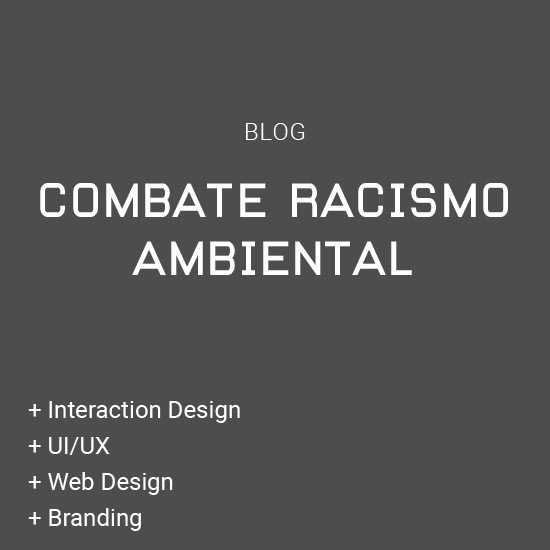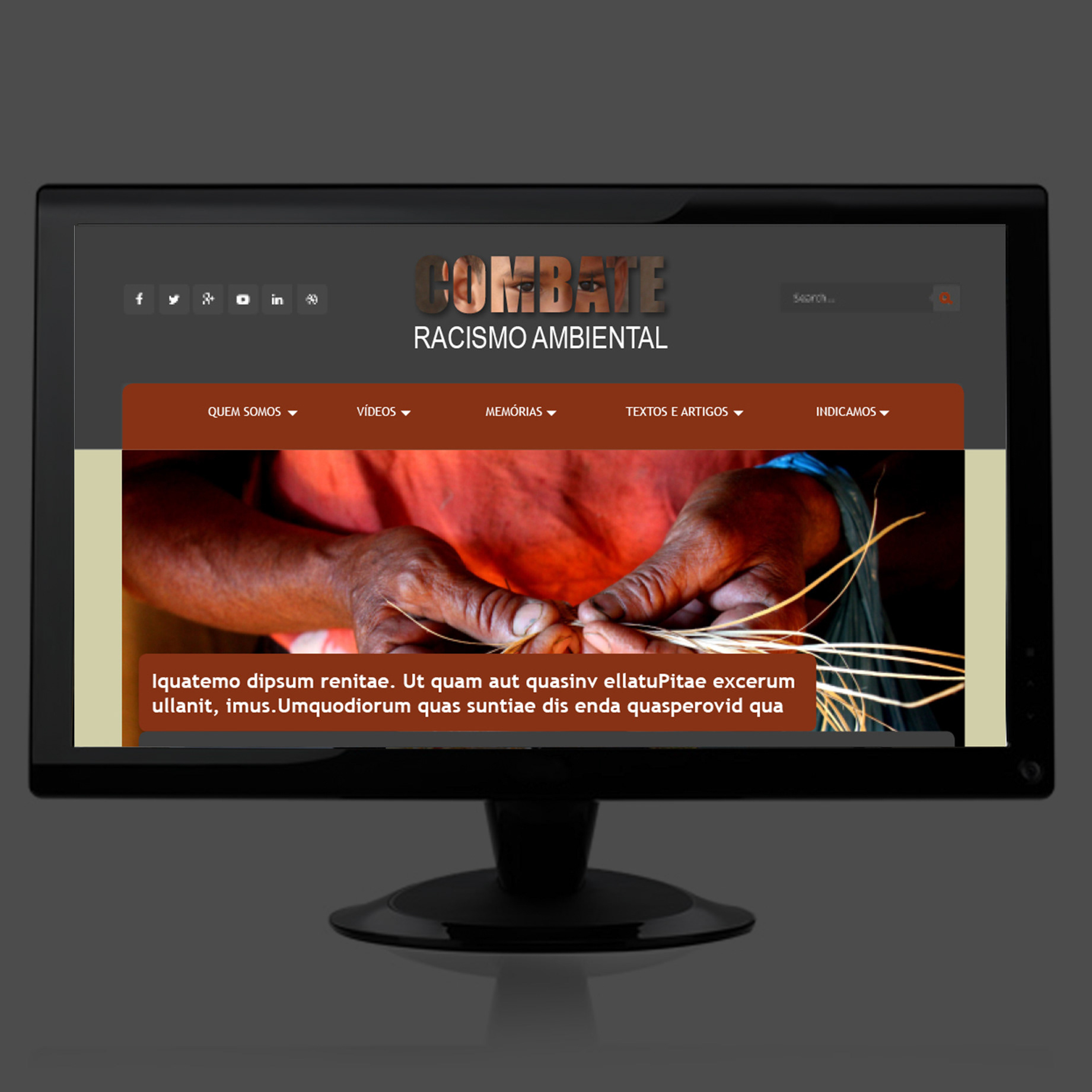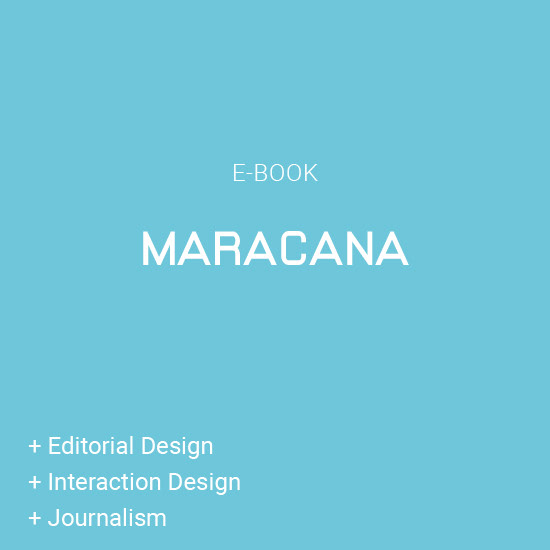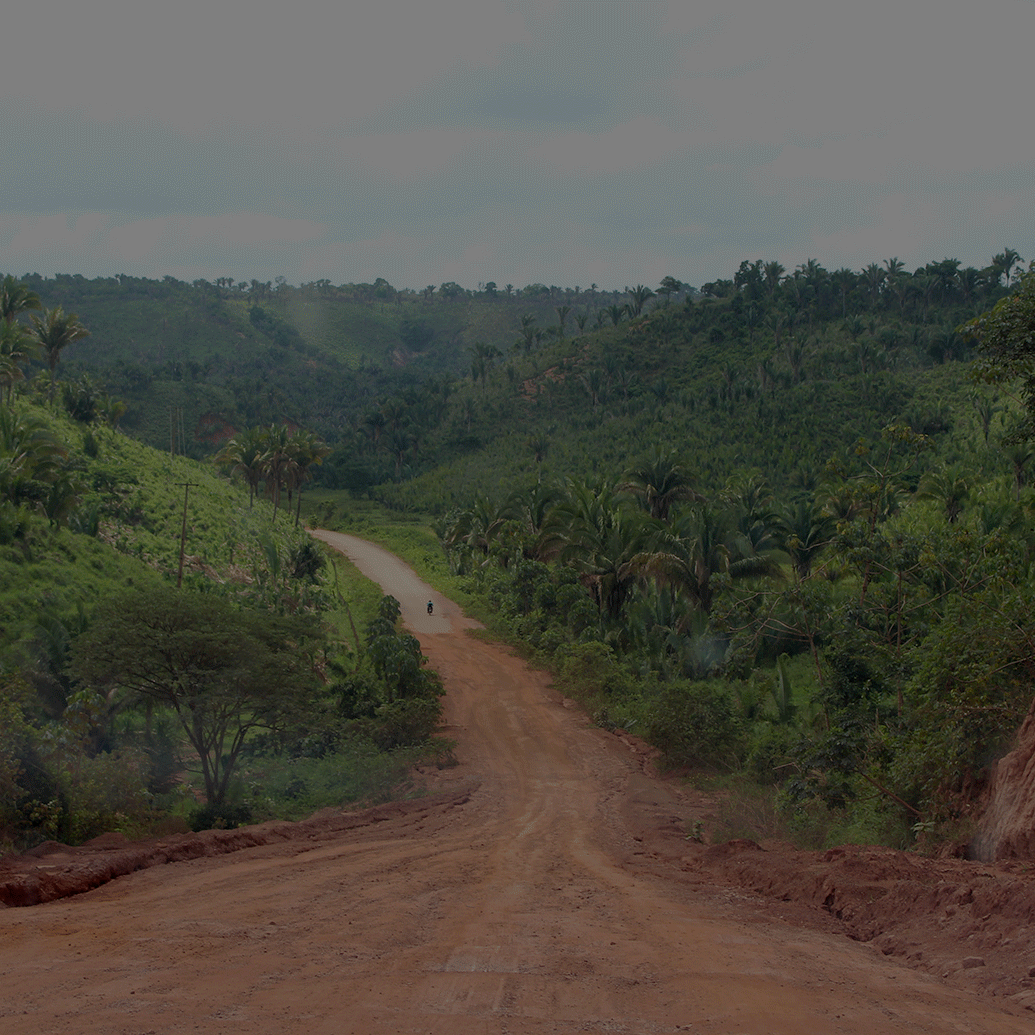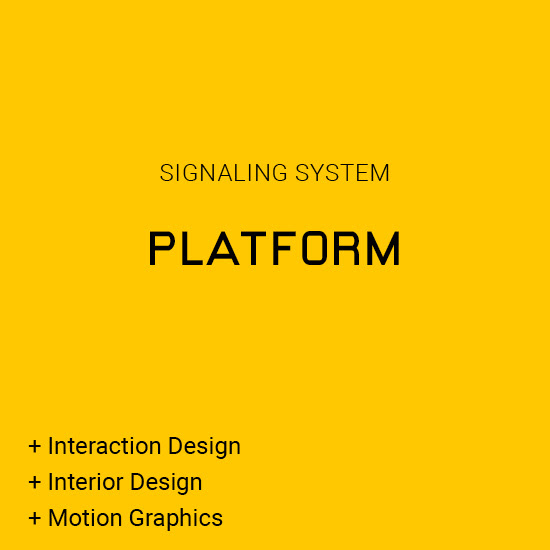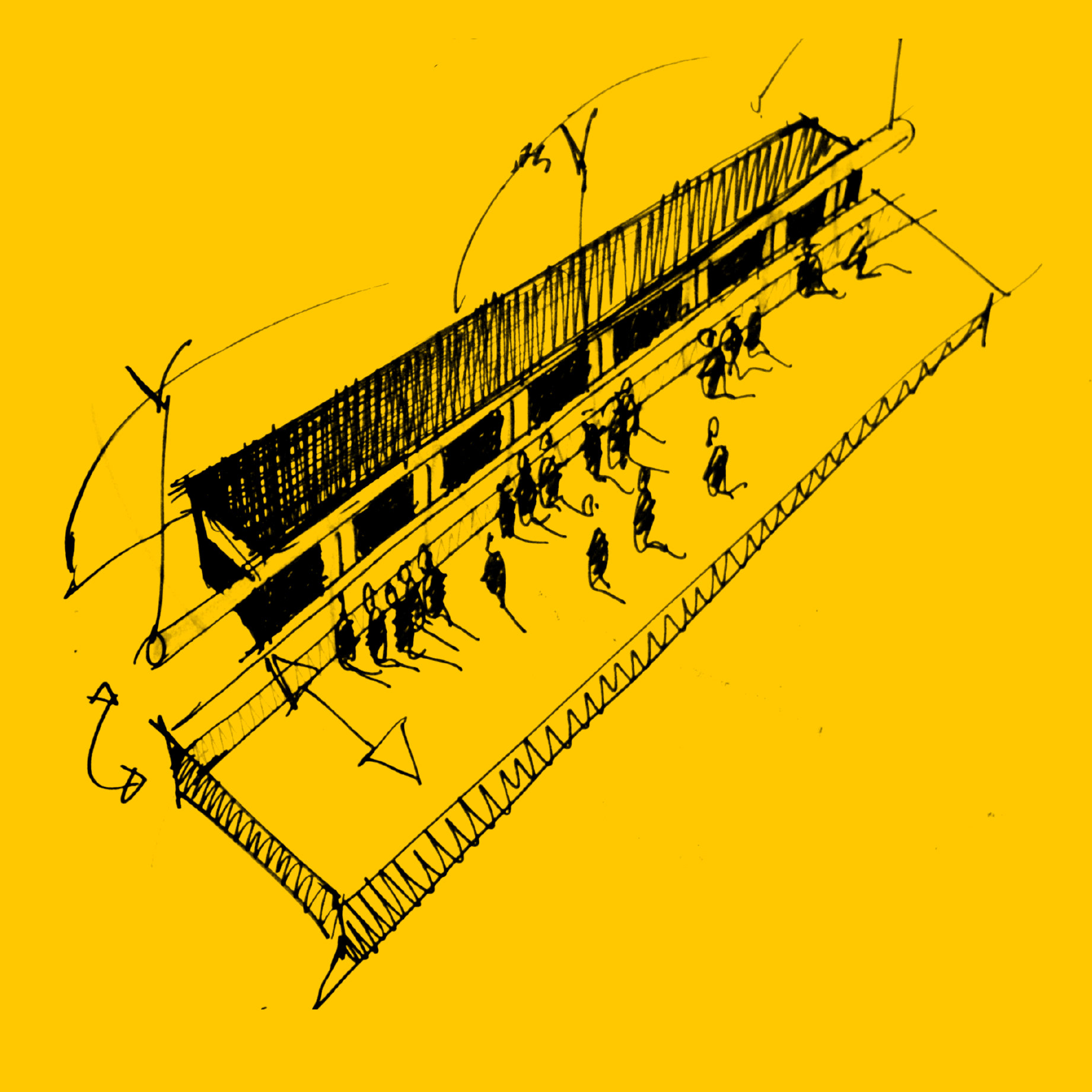Goal
Support the development and implementation of a National Policy on Restorative Justice within the Brazilian criminal justice system. The research aimed to:
+ Map and analyze existing restorative justice initiatives;
+ Develop a pilot project;
+ Propose strategies for implementation and dissemination.
+ Map and analyze existing restorative justice initiatives;
+ Develop a pilot project;
+ Propose strategies for implementation and dissemination.
Methodologies:
Desk Research, benchmarking, survey, field observation, blueprint and prototyping.
Mapping Restorative Justice Initiatives
The research was divided into two main approaches:
1. Documental Research:
+ Trend analysis and selection of relevant cases;
+ Organization and in-depth analysis of collected materials.
+ Trend analysis and selection of relevant cases;
+ Organization and in-depth analysis of collected materials.
2. Contextual Research:
+ Online survey to identify national initiatives;
+ Framework analysis to select five locations for case studies;
+ On-site visits to conduct semi-structured interviews.
+ Online survey to identify national initiatives;
+ Framework analysis to select five locations for case studies;
+ On-site visits to conduct semi-structured interviews.
These interviews helped identify the most suitable environment for implementing the pilot project.
My role: I contributed to desk research, benchmarking surveys, and field research scripts. Additionally, I designed the service blueprint, considering multiple stakeholders in the justice system.
Pilot Project
Based on the mapped initiatives, we used an evaluation framework to select the location with the highest potential for pilot implementation. The pilot aimed to practically test Restorative Justice (RJ) processes and identify opportunities for improvement and scalability.
Two main phases:
+ Training phase: Theoretical foundation on RJ principles;
+ Pilot phase: Hands-on experience with restorative justice circles and workshops.
+ Pilot phase: Hands-on experience with restorative justice circles and workshops.
My role: I led the pilot implementation, facilitating:
+ Co-creation workshops;
+ Future visioning exercises;
+ Stakeholder & risk mapping;
+ Task prioritization & instrument development.
+ Co-creation workshops;
+ Future visioning exercises;
+ Stakeholder & risk mapping;
+ Task prioritization & instrument development.
I also defined success indicators and created evaluation materials to measure impact. Throughout the project, I guided multidisciplinary teams to ensure alignment and collaboration.
Main results
The findings contribute to a solid knowledge base, effective practices, and guidelines for expanding Restorative Justice in Brazil’s criminal justice system.
+ Participant Satisfaction:
75% of participants in pre-circle sessions reported high satisfaction with the process.
75% of participants in pre-circle sessions reported high satisfaction with the process.
+ Increased Familiarity with RJ Processes:
After training and the pilot, 57.8% of responses showed a high level of agreement with RJ principles (compared to lower initial understanding).
After training and the pilot, 57.8% of responses showed a high level of agreement with RJ principles (compared to lower initial understanding).
+ Net Promoter Score (NPS):
Scored 92.3, indicating high likelihood of participants recommending RJ.
Scored 92.3, indicating high likelihood of participants recommending RJ.
"We felt truly considered. Wow, our opinion really mattered because you wanted to listen, and many of the points people raised were taken into account. […] You came with a proposal for participatory design, and that’s really great. And when it’s participatory like this, we can see that it works. [...] And when you help build something, you embrace it more. We felt like part of it."
— Team member on the co-design process
Impact & Next Steps
The project helped bridge gaps between theory and practice, empowering justice professionals to incorporate restorative justice approaches into their work.
Future steps include scaling the pilot, refining the methodology, and developing national implementation strategies.
This project was a unique opportunity to design, test, and refine a service model within a complex system, ensuring evidence-based decision-making for policy development.
Want to discuss service design for social impact? Let’s connect!
